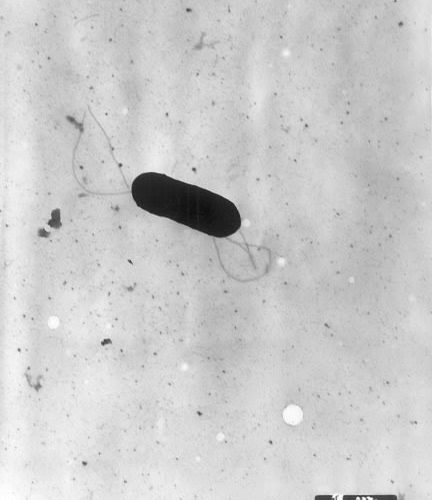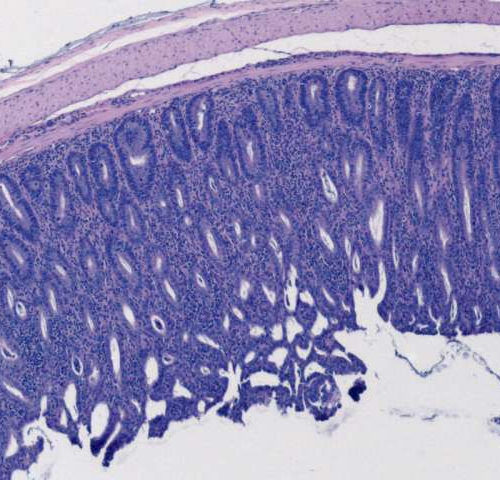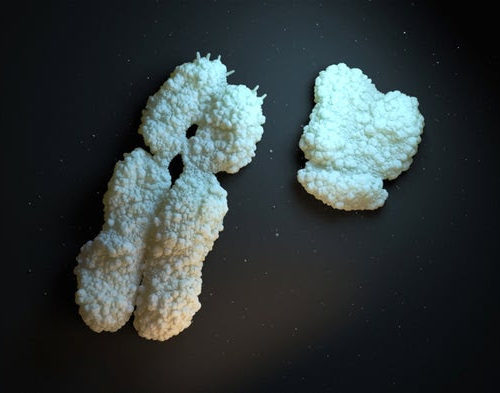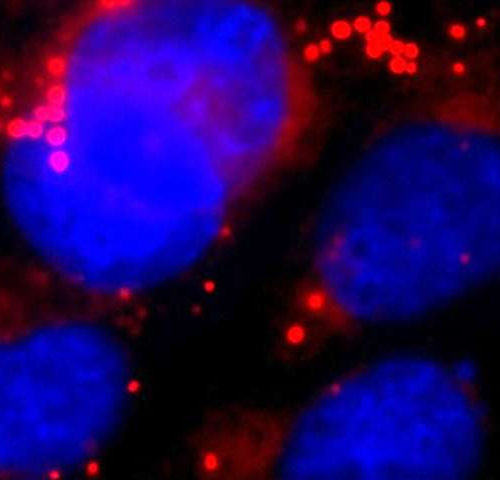ALPHAMED PRESS CO-AUTHORS SO GUN HONG, DVM, PH.D., AND CYNTHIA DUNBAR, M.D., OF THE NATIONAL HEART, LUNG, AND BLOOD INSTITUTE (NHLBI), PART OF THE NATIONAL INSTITUTES OF HEALTH.view more CREDIT: ALPHAMED PRESS Durham, NC – A new platform reported on today in STEM CELLS Translational Medicine (SCTM) will enable long-term tracking of cardiomyocytes produced from...
Tag: <span>Crispr</span>
Listeria protein provides a CRISPR ‘kill switch’
A single protein derived from a common strain of bacteria found in the soil will offer scientists a more precise way to edit RNA. The protein, called AcrVIA1, can halt the CRISPR-Cas13 editing process, according to new research from Cornell, Rockefeller University and the Memorial Sloan Kettering Cancer Center published in the journal Science. “We’re...
The explosion of new coronavirus tests that could help to end the pandemic
Researchers are scrambling to find other ways to diagnose the coronavirus and churn out millions of tests a week — a key step in returning to normality. The timing couldn’t have been worse. In March, just as Thailand’s coronavirus outbreak began to ramp up, three hospitals in Bangkok announced that they had suspended testing for...
A key gene modifies regulatory T cells to fine-tune the immune response
by Salk Institute A histology image showing inflammation in colon epithelium. Weakening of regulatory T cell function induces infiltration of immune cells (small blue dots) into colon epithelium (blue layer) and causes colitis. Credit: Salk Institute The human immune system is a finely-tuned machine, balancing when to release a cellular army to deal with pathogens,...
New infectious disease test accurately diagnoses infection in minutes
by Walter and Eliza Hall Institute of Medical Research Melbourne researchers have developed a fast, new test for infections and infectious diseases that could transform Australia’s ability to provide targeted clinical care and respond to pandemics and biosecurity threats. Called c-FIND, the test has the potential to rapidly and accurately detect multiple viral, bacterial or...
CRISPR Gene Editing in Human Embryos Wreaks Chromosome Mayhem
By Heidi Ledford, Nature magazine on June 25, 2020 A suite of experiments that use the gene-editing tool CRISPR–Cas9 to modify human embryos have revealed how the process can make large, unwanted changes to the genome at or near the target site. The studies were published this month on the preprint server bioRxiv, and have...
MIT INVENTS $6 COVID-19 TEST USING CRISPR
BY DAN ROBITZSKI / MAY 05 2020 A new coronavirus test uses gene-hacking tech to determine whether someone is sick with COVID-19 — and it only costs $6 to make. Because there are still too few tests to go around, a pair of MIT researchers set out to build something to be as low-cost and...
Protein shredder regulates fat metabolism in the brain
by University of Bonn A protein shredder that occurs in cell membranes of brain cells apparently also indirectly regulates the fat metabolism. This is shown by a recent study by the University of Bonn. The shredder, known as gamma-secretase, is considered a possible target for drugs against cancer and Alzheimer’s disease. However, the results suggest...
CRISPR-based diagnostic chips perform thousands of tests simultaneously to detect viruses
by Broad Institute of MIT and Harvard Researchers have developed a new technology that flexibly scales up CRISPR-based molecular diagnostics, using microfluidics chips that can run thousands of tests simultaneously. A single chip’s capacity ranges from detecting a single type of virus in more than 1,000 samples at a time to searching a small number...
Study shows glaucoma could be successfully treated with gene therapy
B: UNIVERSITY OF BRISTOL A new study led by the University of Bristol has shown a common eye condition, glaucoma, could be successfully treated with a single injection using gene therapy, which would improve treatment options, effectiveness and quality of life for many patients. Glaucoma affects over 64 million people worldwide and is a leading...









